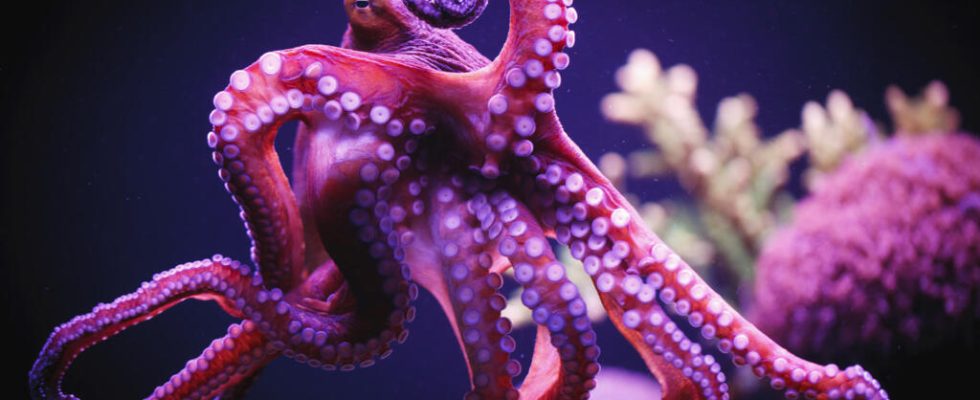In Madagascar, the waters of the southwest of the island are closed to octopus fishermen. Like every year, from mid-December to the end of January, the Ministry of Fisheries and the Blue Economy decrees the temporary cessation of this activity in the region, the leading producer of octopus. The species, nestled in reefs along 535 kilometers of coastline, is the main source of income and consumption for coastal inhabitants.
2 mins
With our correspondent in Antananarivo, Pauline Le Troquier
A month and a half without fishing is enough time to allow octopuses to reproduce and stocks to renew themselves.
This practice was imposed in 2005, in the face of a worrying decline in collections, after ten years of uninterrupted growth. Nearly two decades later, the method has proven itself, believes Tianome Andriantsalama, member of the “MIHARI” network which brings together stakeholders involved in the management of local marine areas in Madagascar.
“ Currently, octopus fishing is responsible and fairly exemplary fishing because in addition to these closures, hand fishing methods respect the habitat. It is a practice that is not destructive. Octopus fishing is considered an activity with high commercial value. It costs a plus 1 dollar per kilo of octopus. Imagine, after the reopening of fishing, a fisherman catches an average of 6.5 kilos during the day “, explains Tianome Andriantsalama, member of the “MIHARI” network.
Six and a half kilos per day, more than double the catches before closure. These encouraging results are closely monitored by the Octopus Management Committee, based in Tuléar. He ensures awareness and respect for the cessation of fishing in the South-West.
“ Given the current trend due to climate change, we notice a decline in marine resources, but thanks to our hard work, we try to maintain the stock consistently. The octopus stock, in the southwest of Madagascar, does not exceed the threshold of overexploitation until now », Specifies Sonya Ramisanandrasana, executive secretary of the Octopus Management Committee.
A method designed to inspire the rest of the Malagasy fishing industry. On the Big Island, fishing supports 1.5 million inhabitants.
Read alsoMadagascar: sustainable alternatives to overfishing at the Fisheries Products Fair
